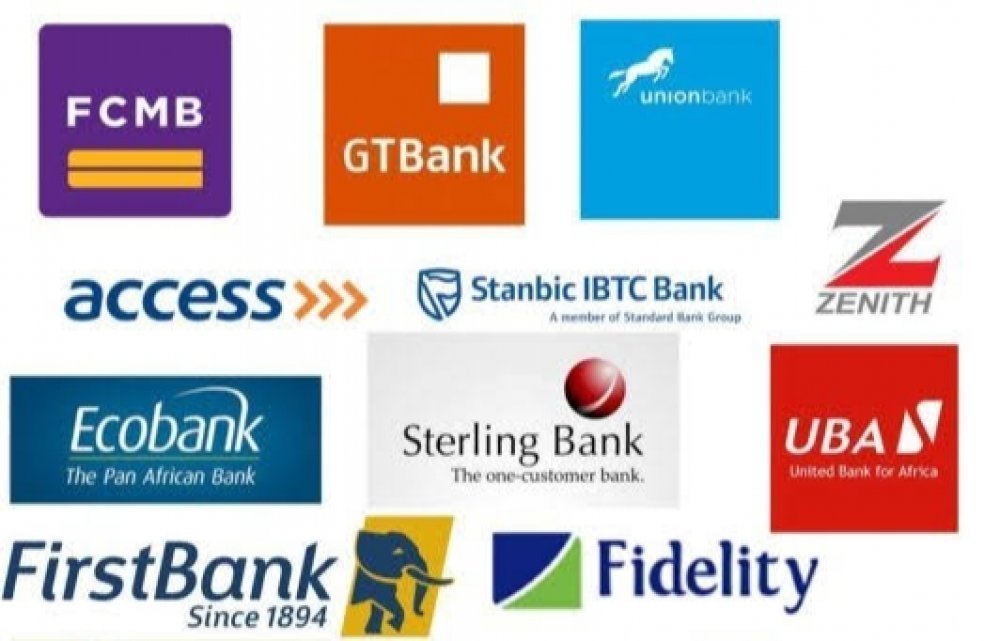Other Pages
- Opinion Poll
- About Us
- Send Your Story
- Contact Us
- Newsletter
- Privacy Policy
- Terms and Conditions

Nigerian banks might stop providing loans to customers as non-performing loans increases amidst the economic downturn and negative impact of COVID-19 on sectors like oil and gas, transportation, aviation, hospitality and other major sectors. This might affect the banks' ability in offering loans.
According to the President of Chartered Institute of Bankers of Nigeria, Bayo Olugbemi, the impact of the pandemic will lead to the rise of non-performing loans, making it difficult for banks to have much-needed liquidity to provide credit to loan seekers, "Rise in non-performing loans, as implied in the foregoing response; banks’ exposure to sectors hardest hit by the pandemic presents the danger of increasing non-performing loans.
"For example, given the slowdown in economic activities, oil and gas, transportation, aviation, hospitality sectors have been the hardest hit and may experience challenges with loan repayment. A rise in NPLs would affect the banks’ ability to lend further and eventually hurt financial system stability."
He added, "I believe banks with significant exposures to sectors that have been highly impacted by the pandemic would face challenges in getting their loans repaid as and when due. Therefore, it is important and advisable for banks to consider debt restructuring strategies for those sectors/customers affected."
Meanwhile, Olugbemi said that he's in support of the decision by the Monetary Policy Committee (MPC) to lower the benchmark lending rate. AllNews had reported that the rate has been reduced to 12.5% from 13.5%. Note that the MPR is the interest rate used by CBN to lend to banks. It is the benchmark against which other lending rates in the economy are pegged. Also, it is used to moderate inflation in the economy.
"I fully support the Monetary Policy Committee on their decision. I believe that their decisions are based on informed metric systems and are in the best interest of the economy." Olugbemi said in an interview with Punch.
The cut in monetary policy rate had occurred after CBN suspended intervention loan repayment and cut its interest rate from 9% to 5% and promise to keep implementing measures that will form as a relief for affected households and companies. Meanwhile, the Cash reserve ratio (CRR) was kept at 27.5%, while the liquidity ratio was retained at 30%.
The CBN deducted N118 billion from Access Bank, GTBank, Zenith Bank and 11 other Nigerian banks. The debit was for Cash Reserve Ratio (CRR) compliance - the N118 billion is an amount deducted from customers deposits with banks which the lenders are expected to leave retained with the CBN.
The CBN has continued to withdraw the amount despite complaints that it is affecting the availability of liquidity in the banking industry. It was learnt that liquidity is now below N100 billion according to Nairametrics. The CRR was hiked by 5% to 27.5% by the CBN Monetary Policy Committee (MPC) in January.
0 Comment(s)